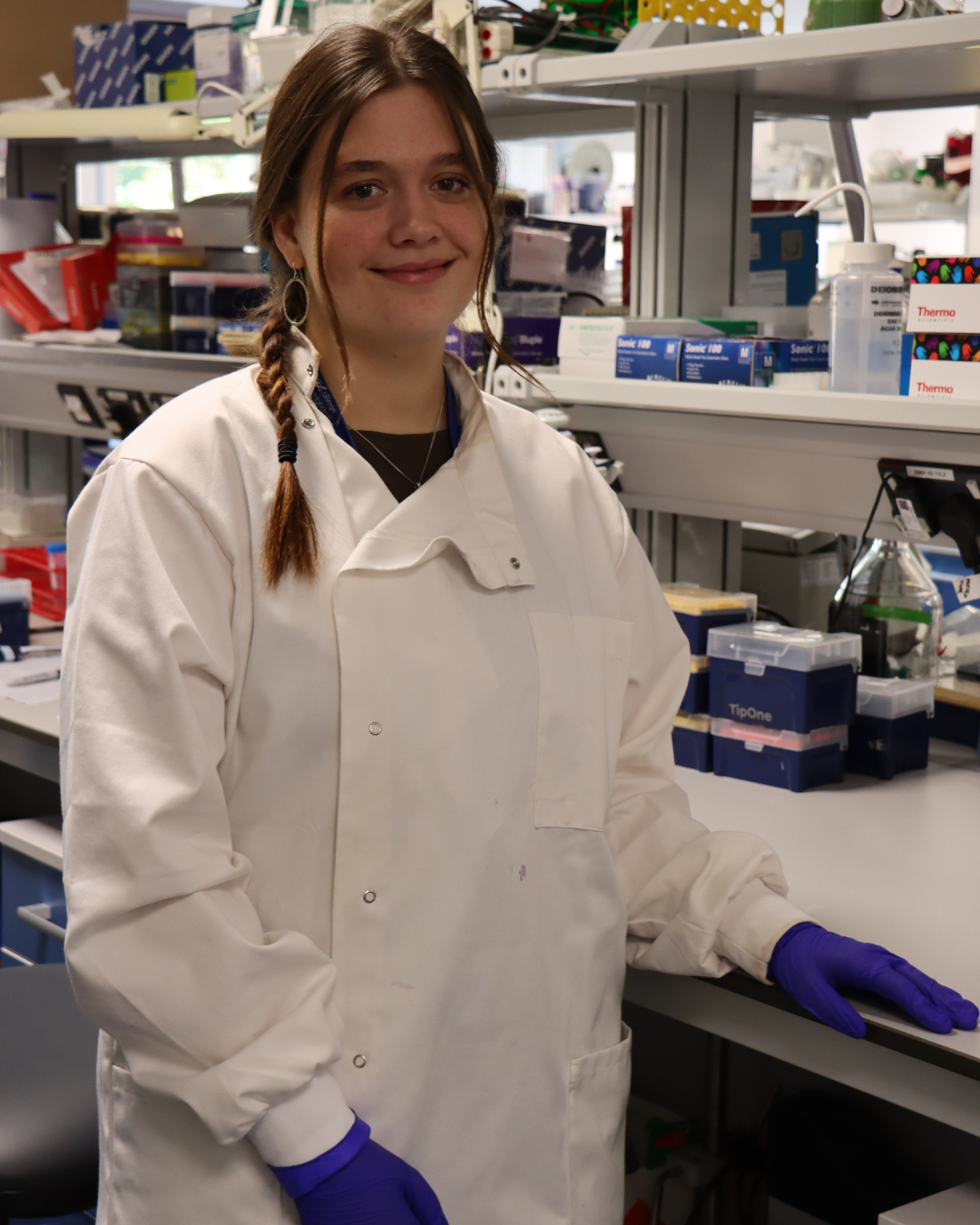We asked MPhil student Amy about her research at the Tox Unit, why she chose to study an MPhil and what she likes to do when she's not in the lab.
Who are you and what is your research about?
I'm Amy, an MPhil student in the MacFarlane Lab. My work aims to understand how certain drugs we take, or chemicals we are exposed to, might be interacting with structures inside our cells called mitochondria. Mitochondria are present in (nearly) every cell and are essentially responsible for turning food into energy, so our bodies can function properly. We know that some drugs, while treating one problem, may accidentally affect how the mitochondria work. This may be one of the reasons why sometimes people experience unpleasant side effects from certain medications. My research aims to understand the mechanisms by which these events occur. By doing so, we can better predict which drugs might cause problems and even find ways to reduce or avoid those side effects. In the long run, this could improve existing treatments and maybe even bring back useful medicines that were taken off the market because their side effects were too severe.
What do you enjoy about working in the MRC Toxicology Unit and the MPhil program?
The MPhil programme here at the MRC Toxicology Unit is great because you get to do a year of full-time research. You are a fully integrated member of the unit, like any PhD student or member of staff, something that I think is rare for a master’s programme. Completing a year of full-time research, followed by a written thesis, is a great ‘PhD taster’! It can help you decide if that’s the right next step for you and will also help strengthen your application. The unit has excellent specialist facilities, so the variety of things you can learn is massive. They also give you A LOT of free donuts here.
What made you want to do an MPhil? What attracted you to your field of research?
I wanted to do an MPhil to further my laboratory experience and like I said, as a ‘PhD taster!’ I became interested in the Mitochondria during my undergraduate degree. With central roles in neurodegenerative diseases, ageing and cancer (to name a few), they’re pretty exciting to study!
What do you like to do outside of work?
Outside of work I love doing anything arty, particularly drawing and painting! This year I have been involved in the Fitzwilliam art society, my college’s art society and the architecture departments life-drawing society. I also enjoy running, reading and visiting all of Cambridge’s lovely pubs. I am a member of Lucy Cavendish College!


